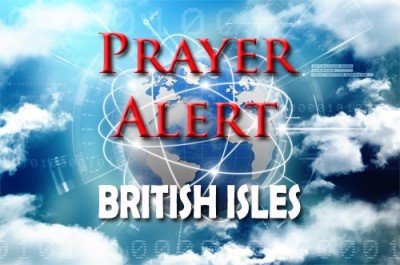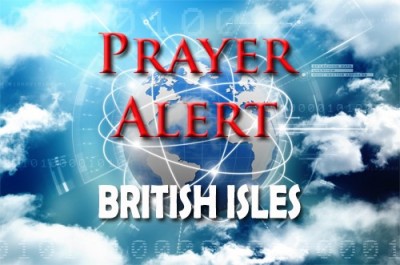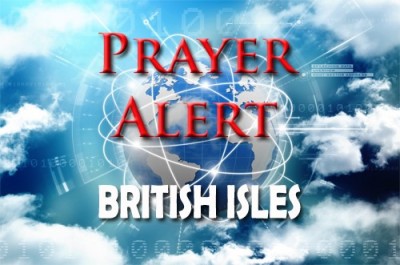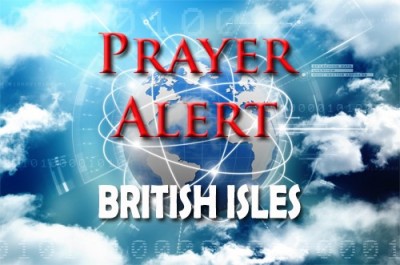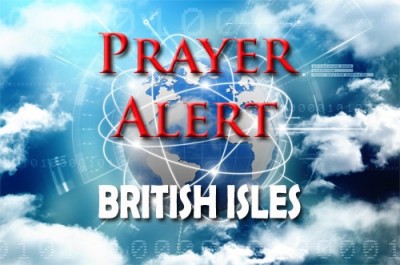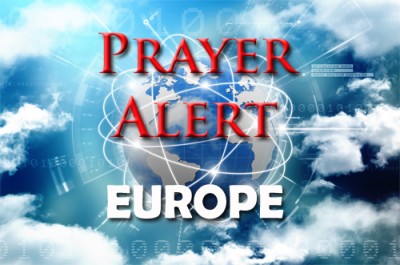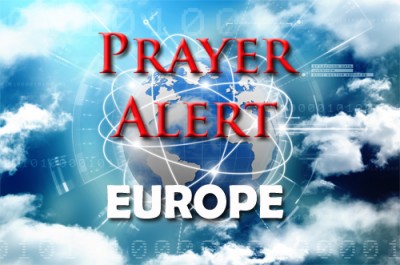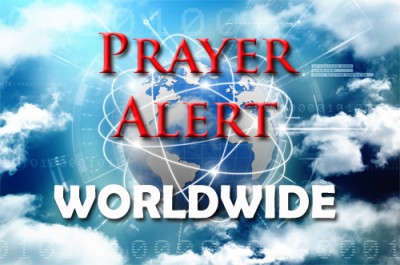Justin Bieber joins NHS choir for Christmas
17 Dec 2020Justin Bieber has teamed up with the Lewisham and Greenwich NHS choir to record a Christmas single, a remix of the star's single Holy, which reached number seven in October. The charity collaboration comes five years after the two acts were locked in a battle for the Christmas number one. Bieber said, ‘I was honoured to meet everyone from the choir and I'm really happy that they got their number one.’ Their new charity single is aiming for Christmas number one, with proceeds to be split between NHS Charities Together, which represents more than 230 NHS charities, and the Lewisham and Greenwich NHS Trust Charity. An immunisation clinical coordinator said, ‘The message that holding someone is such a special thing that it's almost a holy experience is so resonant with current difficulties and personal challenges.’
Worshippers must reserve seats at Christmas
17 Dec 2020A Church of England spokesman has said, ‘At Christmas around six million people of all ages wish to attend services to celebrate the birth of Jesus. Covid-19 has meant it is necessary to limit the capacity of church buildings to keep everyone safe.’ Those wishing to attend services this Christmas are being encouraged not to leave it too late to book their seats. Churches have been advised to set up free online ticket booking systems to ensure adequate physical distancing can be maintained. The popular Christmas services are quickly filling up. St Paul's Cathedral has no tickets left for Christmas services. York Minster tweeted, ‘Tickets for 23rd and 24th carol services are sold out, although they will be livestreamed’. Some churches have added additional services to their programmes to keep up with demand, while advising online bookings. Churches are urged to add their Christmas events to the CofE’s 'A Church Near You' page.
Christmas hardship for many
17 Dec 2020This year has been tough for us all, but for millions of the poorest in our country life is now desperate. They don’t know where their next meal is coming from and are facing a Christmas of hunger and hardship. Centrepoint say this could be the worst homelessness crisis in their fifty-year history, with 23,000 young lives at risk. They are not just a Christmas statistic, they need a safe warm room to live in. They need to be able to turn their lives around (see) The Salvation Army said that after a difficult year they want to reach out to those who are suffering the most and bring joy and hope into their lives this Christmas. In over 650 communities across the UK they will be rolling up their sleeves and doing all they can for them.
Christmas unwelcome guest
17 Dec 2020As we prepare for a different Christmas, thousands of families will be carrying the mental exhaustion of an unwelcome guest - debt. Debt erodes confidence and brings a whole host of stresses, and strains this festive season. Furlough, income reduction, job losses have all taken their toll. The recent collapse of Debenhams and Arcadia put a further 25,000 jobs at risk, on top of the thousands of jobs already hanging by a thread. Our poorest communities are hit hardest, with little or no savings to fall back on, and are unable to cope with the income shocks that this year has brought. Heating or eating is a brutal choice for many families. Pray that those struggling with financial problems and feeling isolated will realise that they are not alone and there is no shame in needing debt advice. May those needing such advice be put in touch with the agencies who are able to support them.
Making ethical decisions that value human life
17 Dec 2020As the first Covid-19 vaccines are rolled out, many people are asking what Christians should think about the safety of vaccines developed and tested so quickly. There are questions around the equitable distribution of vaccines both in the UK and to the global community, plus the ethical issues surrounding a false rumour of their connection with tissue derived from an aborted foetus. The media are full of false vaccine claims - everything from alleged plots to put microchips into people to the supposed re-engineering of our genetic code. At a webinar hosted by the Evangelical Alliance NI two renowned speakers, Prof John Wyatt and Dr Mary Neal, addressed some of these issues and gave believers guidance on how to make up their own minds about what to do when their turn comes.
Europe’s Covid Christmas
17 Dec 2020Across Europe there will be further lockdowns, curfews and travel bans as the number of people infected with Covid has increased. Italy’s prime minister Giuseppe Conte summed it up when he told Italians to expect a ‘more sober Christmas, without Christmas Eve gatherings, hugs and kisses’. We can pray for people to honour the various restrictions on public gatherings and to obey curfews where they have been imposed. Pray particularly for friends and families to exercise restraint on Christmas Eve and New Year’s Eve. Pray also for countries which will be easing restrictions prior to Christmas; may the public act wisely to avoid any further unnecessary sickness and deaths. See The EU drug regulator will meet on 21 December to decide whether to authorise the jab after desperate EU countries said the agency risked losing the trust of EU citizens if it did not act fast.
Holy See: Christmas lighting-up ceremony
17 Dec 2020'Christmas reminds us that Jesus is our peace, our joy, our strength, our comfort’, Pope Francis said at the Vatican’s traditional lighting ceremony: ‘Let there be light.’ A 30-metre-tall spruce was placed just off-centre in St Peter’s Square. It was lit during a small and socially distanced ceremony as prelates invoked a spirit of peace and encounter after a year marked by the Covid pandemic. Across Europe there have been public unveiling of nativity scenes, lighted trees, angels, and other Christian symbols. We can pray that all who see these artistic creations will be reminded of the true meaning of Christmas.
USA: election protests escalating
17 Dec 2020Before the election, political tensions were boiling over in a particularly divisive campaign season. Brawling between people with American flags, people dressed in black and others sporting red gear saying ‘Make America Great Again’ launched eggs at each other, yelled expletives, and became violent. These political tensions worsened in November as many refused to accept Joe Biden’s election victory. Violent demonstrators on the streets of Washington and other cities resulted in stabbings and arrests. In recent battles between BLM, Trump supporters, and the extremist right Proud Boys, five police officers were stabbed, two more were hospitalised, many were arrested, and several were shot, including a Washington police officer. The media is calling this season ‘Make America break again’ not ‘Make America great again’. Meanwhile the most recognisable female Christian speaker, Pastor Beth Moore, warned believers of the dangers of Christian nationalism and called on Christians to ‘move back’ from supporting dangerous and seductive Trumpism. See
